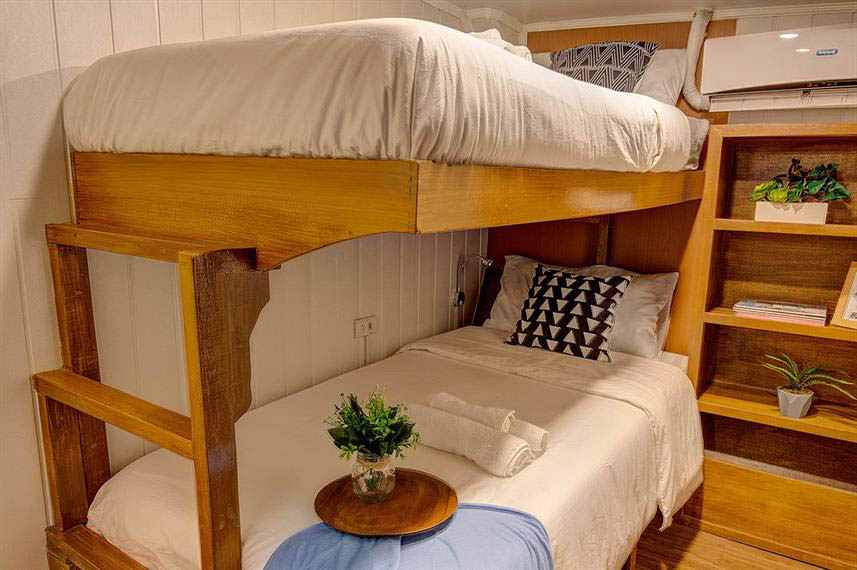Each year, hundreds of whales and dolphins strand on our shores. Whilst some are sick or injured, others are healthy and just need a helping hand back out to sea. But saving whales isn’t as easy as it looks and successful rescue often depends on properly trained volunteers. That’s where you come in.
You can become a Marine Mammal Medic with our one day course. It costs $120 ($75 for students with valid ID) and once trained you’ll be added to our national callout list. That means that when a stranding occurs your lifesaving skills can be called upon.
Click here to book a place.
Upcoming Summer 2016-17 Course Dates
2016
Auckland – Saturday 24 September
Auckland – Sunday 25 September
Gisborne – Saturday 15 October
Hastings – Sunday 16 October
Kerikeri – Friday 4 November
Christchurch – Saturday 26 November
Christchurch – Sunday 27 November
Wellington – Saturday 10 December
Wellington – Sunday 11 December
2017
Dates and locations to be released soon.
Course Content
Our one-day course is split into two parts.
The morning session is made up of short lectures and video presentations. During this session you’ll learn about the evolution and anatomy of dolphins and whales, their behaviour and social structures and some of the reasons they may strand. We’ll examine stranding rescue techniques – what to do and what not to do, key roles and responsibilities at a stranding and personal health and safety.
In the afternoon we’ll hit the beach to put your new-found knowledge and skills to the test. We’ll practice basic first aid on our life size inflatable whale and get to grips with rescue equipment such as dolphin lifting mats and Project Jonah’s very own whale rescue pontoons.
By the end of the course you’ll be trained to:
Assist in the rescue of stranded dolphins and whales
Act as a role model to untrained rescuers
After the course you’ll be issued with a marine mammal medic card and added to our national database for future stranding call-outs.
Over the years we’ve shared our knowledge and skills around the world. Our inflatable pontoons, rescue techniques and training programme are being used in Australia, Canada, the UK, Hawaii, Taiwan and Samoa to name but a few. Whilst we can’t predict the exact timing and location of strandings in New Zealand, our job is to be as prepared as possible. No matter what time of day, where the stranding occurs, or how difficult the conditions, we’re ready to offer our lifesaving support.






